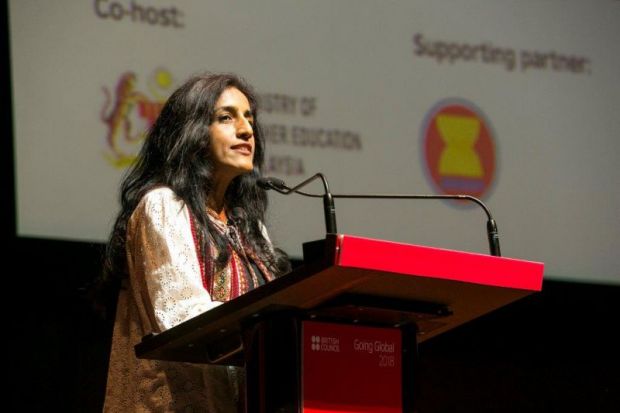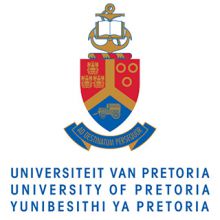Students in Asia are much more embracing of online higher education because they realise that it is a golden opportunity for them to climb the “social mobility ladder”, a conference has heard.
Giving a keynote speech at the opening of the British Council’s Going Global conference in Kuala Lumpur, technology entrepreneur Ayesha Khanna said that people in many Western nations were frightened about how automation might change the nature of work and learning.
In Asia, however, there was more of a drive, especially among young people, to realise the potential of artificial intelligence and robotics for changing society, she said.
Dr Khanna, co-founder of ADDO AI, a technology advisory firm based in Singapore, said that her employees in Asia would often stay up late into the night to finish a massive open online course because they knew that it would help them advance in their career.
“This is a great moment for Asia…we have never been so driven and never has opportunity come knocking on our door [so much] because of AI and robotics and technology,” she said. “I go to Sweden, to America, to the UK, to Italy, [and there I see] they are afraid of automation; but in Asia we are not afraid, we see this as an opportunity to leapfrog and to climb up that social mobility ladder that has been denied to some unjustly.”
She added that it was no coincidence that when the Mooc platform Coursera wanted to raise more money from investors, it was because demand for its courses “was highest from Latin America, China and India”.
Dr Khanna also said that campus-based universities simply could not offer the type of technological education that people in these regions wanted because the pace of change in knowledge was too fast.
Citing a course on the design of self-driving cars on the Udacity Mooc platform, she said that “there was a good chance that you will struggle to find any university in the world that is so cutting edge as to give this course”.
However, Dr Khanna also told the conference that the need for a creative education from universities was greater than ever because of the technological revolution.
“Never before have we needed creativity and imagination and the humanities as much as now, as machines do the routine work and we are really free” to focus on the creative side, she said.
She added that it was also “a myth that AI can just function on its own. Tomorrow if I came to your institution and you wanted us to set up a personalised learning algorithm, we couldn’t write a line of code without…the insight into pedagogy and student learning.”
Elsewhere in the opening plenary of Going Global, held under the theme “global connections, local impact”, the vice-chancellor of the University of Pretoria said that there was a danger that universities were becoming too preoccupied with a “narrow definition” of being “world class”.
This was exacerbating the perception in some countries that higher education was irrelevant to a nation’s economic and skills needs, Cheryl de la Rey said.
“When we look at what [‘world class’ means], it is all about international reputation, whether our professors are world leaders, [and our position in] rankings systems and our research.
“As a consequence of this, many [in higher education] have come to see ‘local’ and ‘global’, and ‘national’ and ‘international’, as dualistic concepts.”
However, she said that the problem could be solved by striving to find ways to measure the social impact of universities and then encouraging those compiling rankings to use such metrics.
POSTSCRIPT:
Print headline: Asian students embracing Moocs as ‘key to social mobility’
Register to continue
Why register?
- Registration is free and only takes a moment
- Once registered, you can read 3 articles a month
- Sign up for our newsletter
Subscribe
Or subscribe for unlimited access to:
- Unlimited access to news, views, insights & reviews
- Digital editions
- Digital access to THE’s university and college rankings analysis
Already registered or a current subscriber? Login










